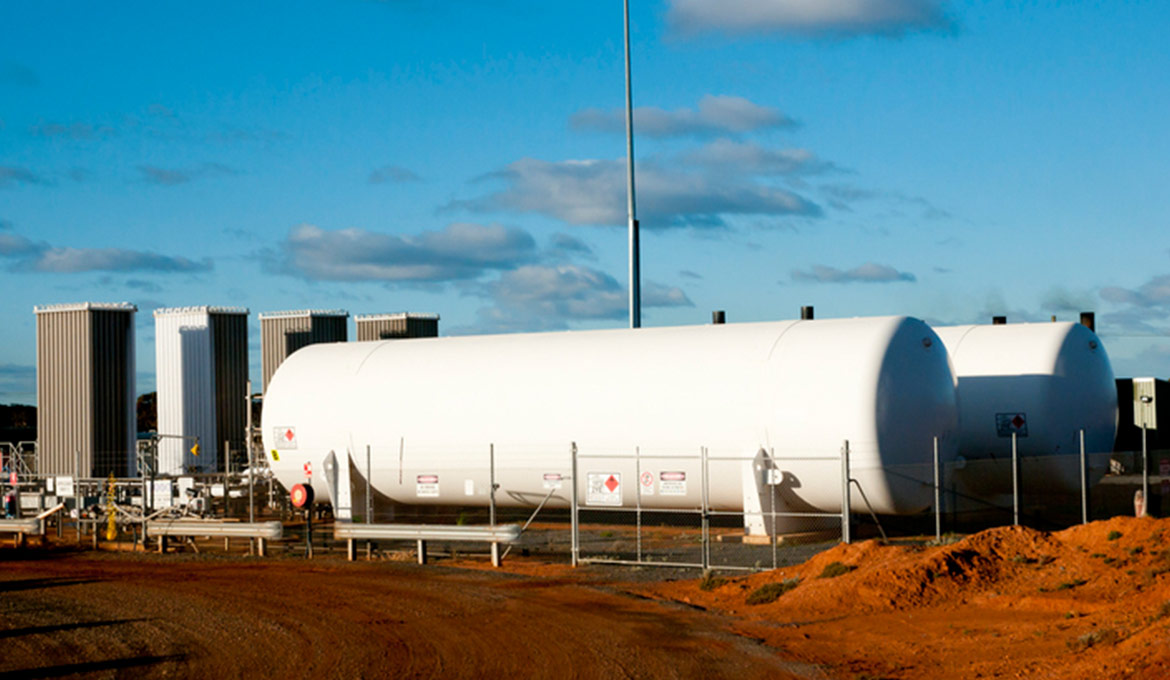
Streamline Your Fuel Tank Inspection Process
Halfway through 2023, there have already been nine weather- or climate-related disasters with losses exceeding $1 billion each to affect the United States. Flooding, winter storms, and severe storm events were among these events, which also had a substantial economic impact on the affected regions.
If that were not enough, a dangerous heat wave recently created powerful tornadoes in Texas and Florida, where at least four people were killed this month in twisters that touched down in the nations’ panhandles. Heatwaves and electrical storms can easily damage sensitive equipment, while other more serious events like hurricanes and tornadoes can knock fuel locations offline for days or even weeks.
As a result, these storm events have a direct impact on fuel operations and supplies. Tulsa municipal authorities, for example, were hard at work this month to avoid a possible gas shortage after stations were damaged or lost power during the recent round of severe storms. Some fuel stations are still operating but getting to the pump required waiting in standstill traffic.
The costs of downtime can be staggering. Beyond the loss of services and availability, natural disasters can also cause a lot of damage to the physical infrastructure and fuel systems that keep businesses running. Fortunately, owner operators can take measures to ensure their fuel facilities are ready for difficult weather events — and recover more quickly from them.
Integrate Maintenance with Fuel Assets to Optimize Uptime
The most effective facility managers excel at preventing severe weather from wreaking havoc on their operations and customer experiences by prioritizing regular maintenance and updates to critical systems in their facilities. This is more easily and optimally managed on a single platform that provides centralized visibility. That’s why leaders in c-store and fleet work with Titan to unify their entire organization onto one platform. Get the tools you need to remotely fix your most pressing fuel equipment problems as well, which is essential during severe weather situations.
Storm-Specific Actions & Preventative Checklists
Prior to severe weather occurrences, teams can assess and record important issues at the site level using Titan’s Advanced Facility Inspection (AFI) solution and storm-specific preventative checklists. Corrective actions can be carried out with the tool’s automated workflows before any customer or site impacts have an influence on profitability. The AFI app also goes beyond fuel assets to address other critical applications such as refrigerated coolers, HVAC systems, and electrical inspections before and after storms.
Examples of storm-specific actions may include:
Water Trends Visibility
With remote connectivity to your location, track the entry of water above a given threshold using Titan’s Water Trends Reporting. Additionally, reports may be automatically sent to your teams at predetermined intervals. For instance, you set your water threshold at .25 inches. You have .25 inches of sludge already in the bottom of your tank. The report will flag any ingress of water into the tank so that you can work to stay ahead of phase separation, and you can set up specific alerts once the water level in the tank hits .50 inches of water. This would represent a .25-inch increase over the sludge in the bottom of the tank.
Make the Most of Your Technology
Are you currently leveraging your technology to the fullest during these severe weather events? With remote connectivity a reliable and comprehensive fuel management platform is critical in times of disaster to ensure data is safe and accessible during and after severe weather occurrences. Storms can strike at any time and from anywhere, and having a reliable software provider with contingencies in place can help minimize losses and respond with the best plan of action.
Learn how the team at Titan Cloud can help you capture and monitor critical data points that will help you deliver a proactive approach to preparing for these events, reduce risk, and minimize equipment down time.
Schedule a complimentary assessment with a solution expert today

configure